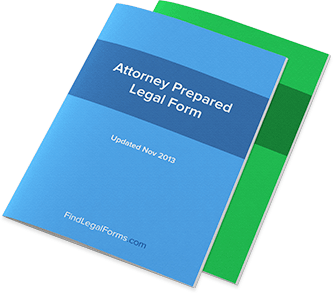All About Eviction Notices
It’s not the most pleasant sight in the world - heck, that’s an understatement. Seeing an eviction notice on your apartment or home door can feel like just one problem on top of another, or even a sudden surprise that catches you out of nowhere. Whatever the case, what’s certain about eviction notices is that they’re not pleasant documents to read, and they certainly aren’t a sign that good times and prosperity are in your immediate future. But handling an eviction notice and understanding what it says are important to making sure that you get the most out of your situation and tackle your problems head-on. Here’s a guide to doing just that. First, understand that eviction notices are usually given out as a last-ditch effort to get rent money out of you. Most apartment owners will give you some leeway: they’d rather have a tenant in their apartments because they want to see that income coming in every month. But when you don’t pay and that lack of payment becomes a pattern, it eventually becomes more profitable for them not to give you leeway, but instead to take action to see that they get the money they’re owed. A good apartment manager keeps the apartments full of happy tenants who pay every month - that way, they maximize profits and keep the property moving forward. That’s why eviction notices come as a last-ditch effort to get money from you. Typically, an eviction notice might even give you a brief period to make up on lost rent and keep the apartment - this isn’t always a pleasant way of doing things, but from the apartment manager’s viewpoint, it’s a necessity because they haven’t been paid in some time. Of course, not all evictions happen because the renter isn’t making good on payments. In some cases, an eviction happens because some part of the lease agreement is broken, or because they’re such a disturbance to neighbors that it’s harming the overall welfare of the apartment complex. If this is the case, you will typically receive warnings about your behavior from a manager or landlord before you are evicted - but not all apartment managers are so great at doing this and might drop the bombshell on you anyway. What do you do if you see an eviction notice? Well, you’ll have to read it - as well as go back to your lease and read that, as well. You want to know why you’re being evicted, first of all, and then refer to the lease to see if this is a valid reason for evicting you. Many apartments will often retain the power to evict whomever they please, so this effort might not be fruitful. But it’s still worth a shot, and you’ll end up knowing more about the apartment and your situation than you knew before. Then, with that knowledge, see if you can go to your landlord and make the situation good again - whether it’s by paying back rent or simply by agreeing to change a behavior or habit. Remember that evictions can sometimes be negotiable and even if they’re not, it’s often worth a try.

